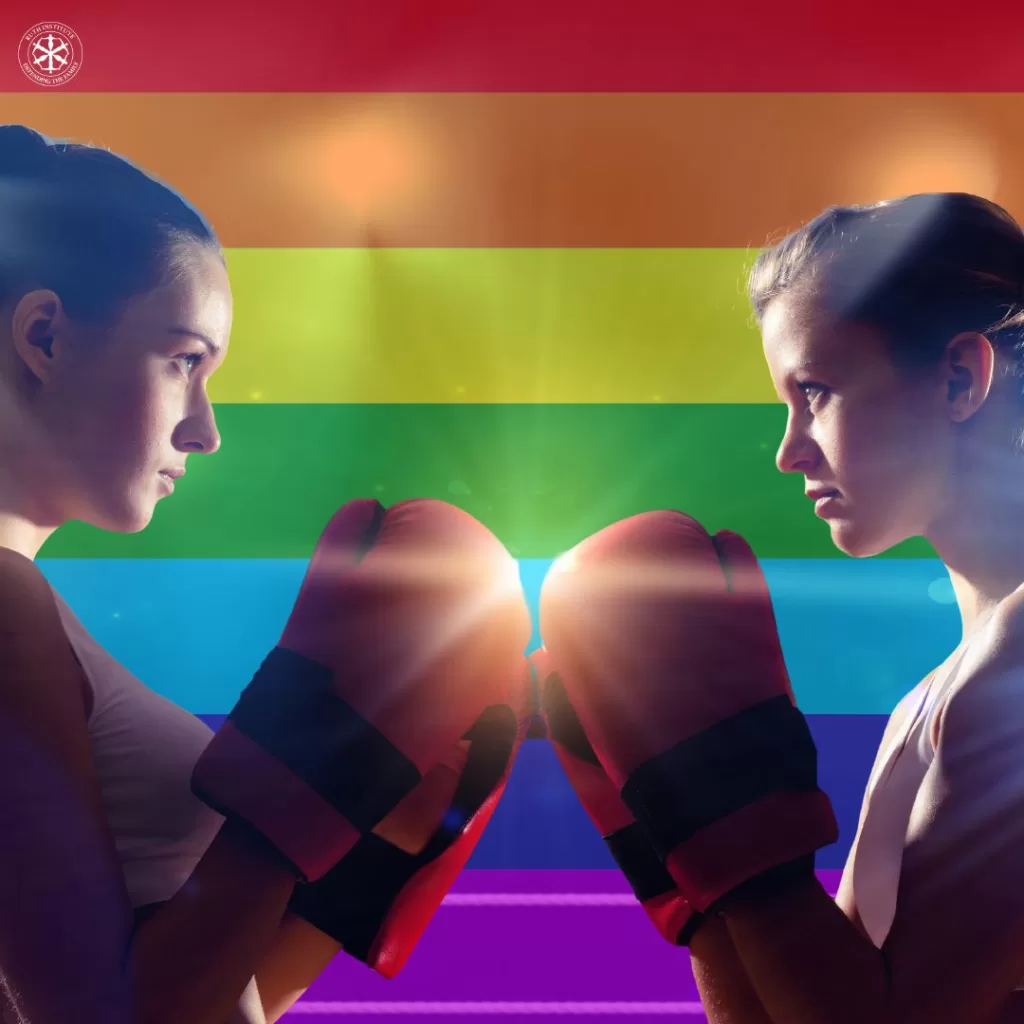COMMENTARY: The Imane Khelif case undermines the case for ‘queer’ as a protection for the weak.
Jennifer Roback Morse September 3, 2024, at National Catholic Register.

Using the word “queer” as a verb is the latest exercise in verbal gymnastics that the average person may not have heard of. You might assume that “to queer” something has something or other to do with LGBT issues. But this is not exactly correct. The advocates of “queering” claim they challenge existing norms in order to weaken the established authorities and empower the vulnerable.
I aim to show that the reality is precisely the opposite. By overturning commonly accepted standards, the advocates of “queering” empower the already powerful. The recent fiasco of the Olympic women’s boxing competition provides a case in point. The sex of Algerian boxer and gold medalist Imane Khelif is hotly disputed. One might think this issue could be readily resolved. But the sex of the body has been thoroughly “queered”: People claim to not know what a woman is. The resulting confusion cripples common sense and benefits the socially privileged. People who are already powerful, influential and wealthy are at a systematic advantage over people who aren’t.
Before I lay out the facts of the Khelif case as they currently stand, let me clarify the term “to queer” as a verb. An article provocatively titled “What Is Queer Theory? A Rejection of the Received Wisdom of Our Ancestors,” begins this way: “When I first heard about queer theory, I assumed that it had to do with gay rights.”
(See what I mean? You aren’t alone in making this assumption.) The author explains:


